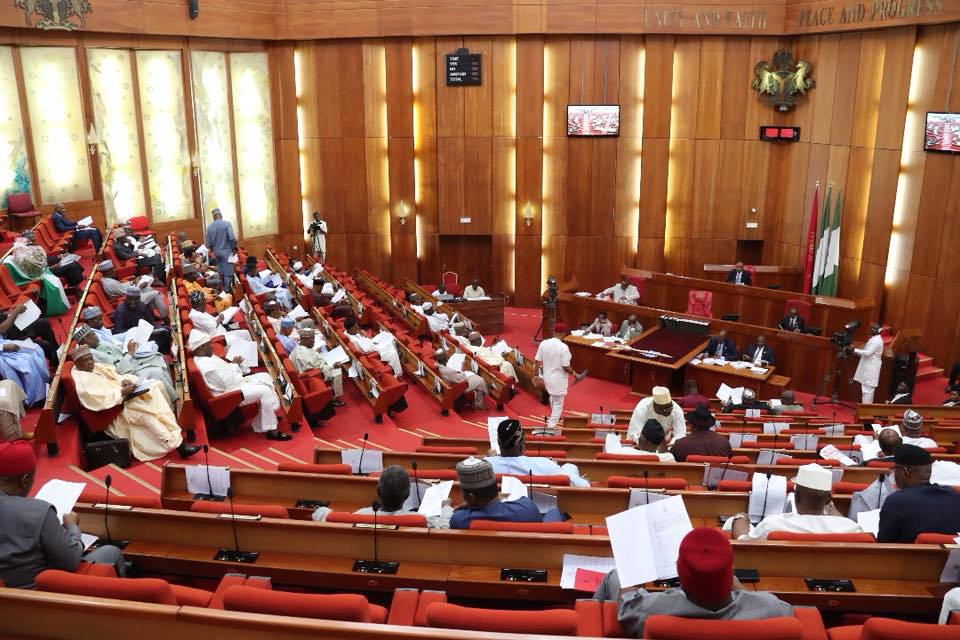An Abuja High Court, on Thursday, ordered the the Economic and Financial Crimes Commission (EFCC) to grant bail to Azibaola Robert.
Robert is a nephew to former President Goodluck Jonathan. He was arrested on March 23 over allegation of misappropriation of $40 million allegedly received from embattled former National Security Adviser, Sambo Dasuki.
The anti-graft agency had arrested Roberts for diversion of the said money through a pipeline deal awarded to a company, One Plus Holding.
The presiding judge, Justice Goodluck Olasunbo, while ruling on the ex parte motion filed by Roberts’s counsel gave grounds for granting bail to the defendant. Amongst the conditions given are the provision of a sureties that are either serving or retired Director in any of the Federal Government’s ministries or parastatal and must be resident in Abuja.
While decrying the EFCC’s illegal detention of Roberts for two weeks, the judge also ruled that Roberts must submit his travelling passport to the court Chief registrar.
Justice Goodluck stated that: “This court has carefully examined Order 4 Rule 3 and 4 of the Fundamental Rights Fundamental Procedure Rules 2009, there it empowers the court to entertain an ex-parte application for the prevention of life or liberty of a Nigerian Citizen where exceptional hardship may be occasioned before the service of the motion on notice.
“Applying the foregoing provisions as a litmus test to the facts and circumstances of this case, I am of the view and so hold that this ex-parte application is competent and contemplated by the laws of our land. The applicant by this application disclosed that he has been in detention since 23 March, 2016 in an underground cell.
“This in this court’s view amounts to a deprivation of his movement and his freedom contrary to the time frame stipulated in the 1999 constitution. I am of the view that the applicant has disclosed exceptional reason why this application should be granted.
“More importantly, order 4 rule 4 (1) of the fundamental rights enforcement procedural rules of 2009 empowers this court to grant bail or order the release of the applicant forthwith from detention pending the determination of the motion on notice.
“Similarly, lending credence to the powers of this court to allow an interlocutory respite to the applicant is Section 168 of the ACJA 2015, which provides that “a judge of a High Court may direct that (a) bail conditions required by a magistrate court or police officer be reviewed be it a defendant in custody in a state of FCT be admitted to bail.
“My summation from a community reading of the foregoing statutes, the court is empowered to grant bail or order the release of the applicant pending the determination of the motion on notice. In the light of the foregoing considerations, this court will be exercising its powers judiciously and judicially by allowing this application.
“Accordingly, this application succeeds. The applicant is hereby admitted to bail pending his arraignment before a court of law or pending the determination of the substantive motion on notice in this suit,”
The case was adjourned pending further hearing
















